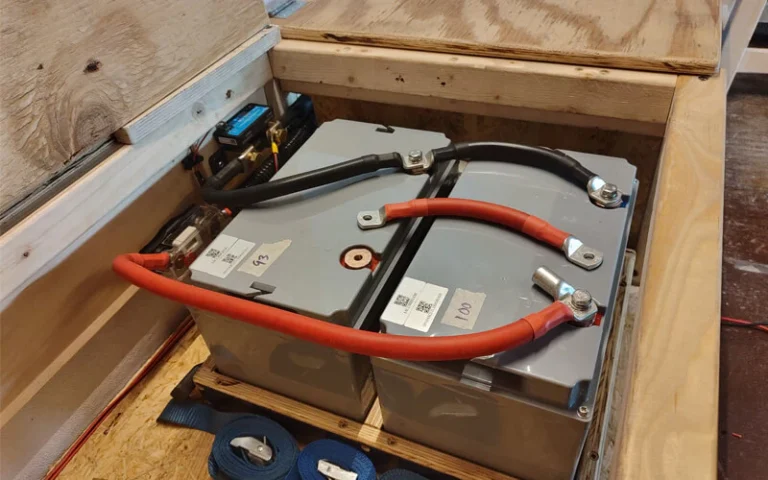5 Most Common Myths about Solar Systems and Panels Debunked
As with any emerging technology, the use of solar products as a reliable renewable energy source has bred various myths. Some of these misconceptions border on the absurd, while others involve technical inaccuracies.
This comprehensive article aims to debunk prevalent myths surrounding solar products. It delves into common myths about solar panels and addresses questions about their functionality in different weather conditions—be it cloudy, rainy, or sunny.
Myth 1: Solar Installation Is Too Difficult
Setting up solar systems has become much simpler than people might think. Unlike before, the latest solar systems have easy-to-understand parts that you can put together yourself. This user-friendly approach, along with clear instructions, makes installing modern solar systems at home easy for both experts and beginners.
Myth 2: Solar Panels Do Not Work in Cloudy Conditions
Although it might sound believable, the idea that solar panels don’t work in cloudy weather doesn’t give the complete picture. Solar panels do operate with less efficiency when it’s cloudy, but they can still produce 10 to 25% of their usual power. So, even on cloudy days, solar panels can generate electricity, just not as much as on sunny days.
Myth 3: Solar Panels Require a Lot of Maintenance
Contrary to the belief that solar panels need a lot of maintenance, today’s solar systems are designed for low upkeep. They require minimal care, mostly involving cleaning the panels every 2 to 3 months. Cleaning might only be necessary during dry seasons when rain isn’t around to naturally clean the panels.
Myth 4: Solar Panels Cause Roof Damage
Contrary to widespread belief, the installation of solar panels on rooftops can contribute to extending the lifespan of roofing materials. The installation process often involves the use of stands that support the panels’ entire weight on the roof. Additionally, solar panels act as a protective shield, mitigating the impact of extreme weather conditions and safeguarding the roof from potential damage.
Myth 5: After their lifespan, solar panels are bad for the environment.
To dispel the mistaken idea that solar panels harm the environment after their useful lives, it’s important to understand that these panels are designed with recyclability in mind. Generally, solar panels can last for less than 25 years under normal conditions. Once they’ve served their lifespan, these components can be efficiently recycled, promoting a sustainable approach to handling electronic waste.
In summary, we’ve clarified five common myths about solar panels using factual information. For reliable solar systems in Nigeria, feel free to reach out to us at 09067522620 to place your orders.
The post 5 Most Common Myths about Solar Systems and Panels Debunked appeared first on Kartel.

